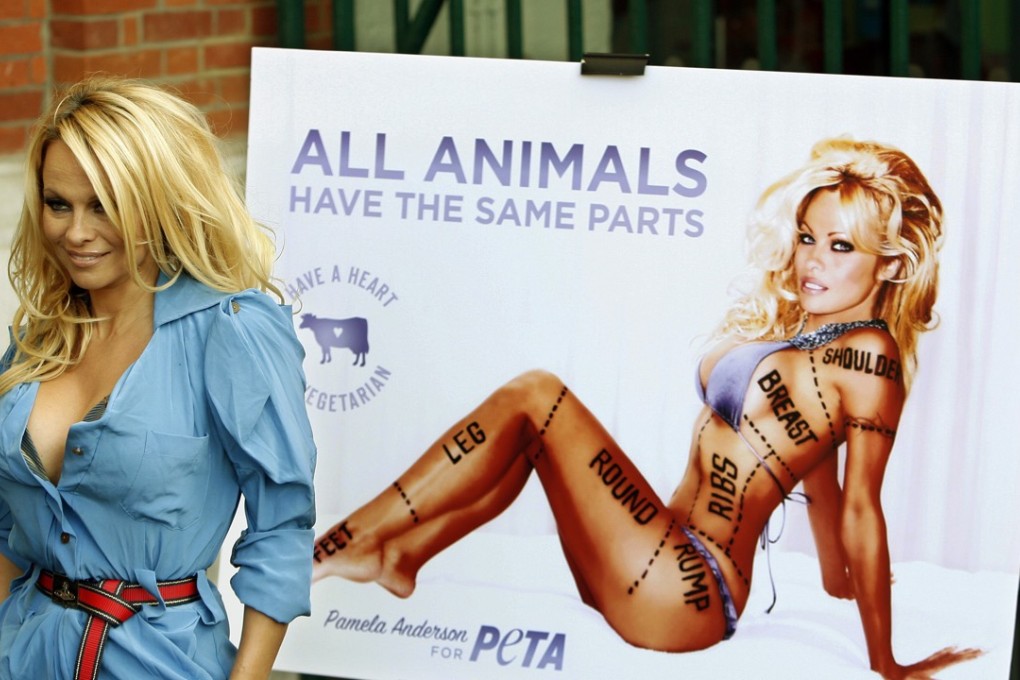After 35 years, Peta continues to deploy sex, shock and shame on front line against animal cruelty
Organisation was founded in 1980 to publicise what was going on in slaughterhouses, factory fur farms and laboratories.

One of the longest-running and sexiest stunts you will see in online ads around the world is a group of naked women who choose to wear nothing rather than wear fur, said Ingrid Newkirk, president and co-founder of People for the Ethical Treatment of Animals.
For shame, there are photos, group posts and videos, like one of an angora rabbit screaming as its fur is yanked out one tuft at a time.
For shock value, two of the hundreds of petitions and lawsuits Peta has filed over the years stand out. One in 1982 sought to make Peta the guardian of all animals used in research experiments; and another in 2011 asked a federal court to declare five SeaWorld orcas to be considered slaves in violation of the 13th Amendment.
Peta did not win the guardian case, and whales were not declared slaves. But the Norfolk, Virginia-based non-profit is still using attention-getting tactics to fight for animal welfare as it marks its 35th year. It now has 3 million members and supporters, including celebrities ranging from Paul McCartney to Bill Maher. Its fundraising brought in nearly US$52 million in 2014.
“Animals are not ours to eat, wear, experiment on, use for entertainment or abuse in any other way,” is the organisation's credo.
By campaigning against animal research, Peta presents a threat to the development of human and veterinary medicine
And while its push for animal rights has coincided with larger trends, like the popularity of vegan diets, it's also led to real achievements, like an end to using live animals in car crash tests following a Peta campaign. But wacky stunts and some questionable dealings complicate Peta's standing in the animal rights world. The group sometimes clashes with researchers and other organisations.